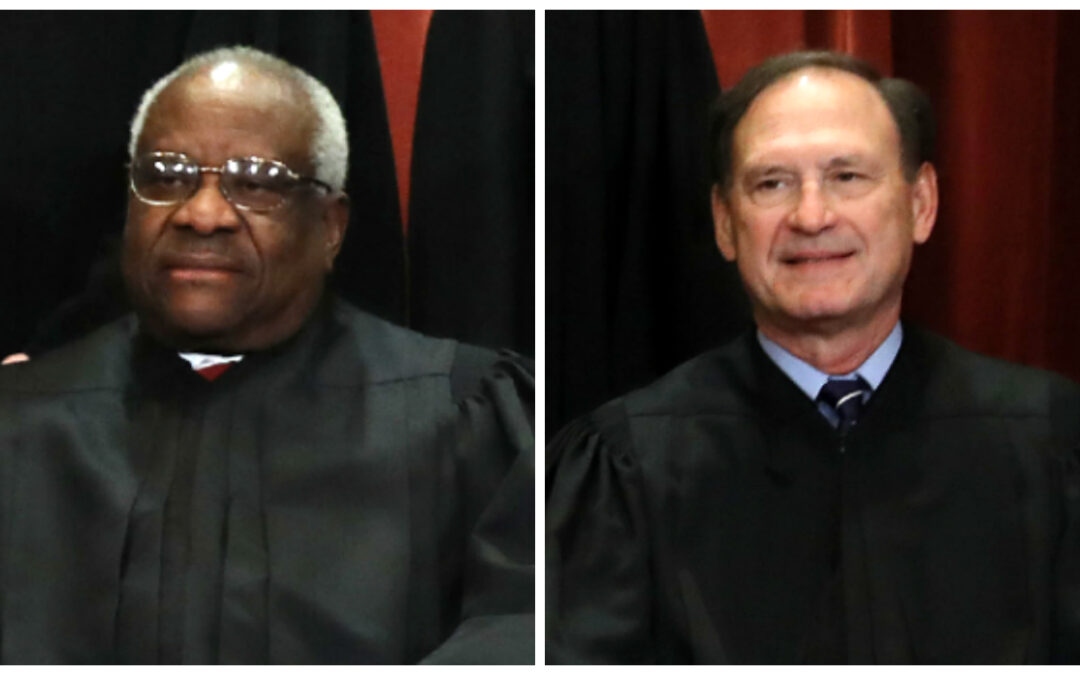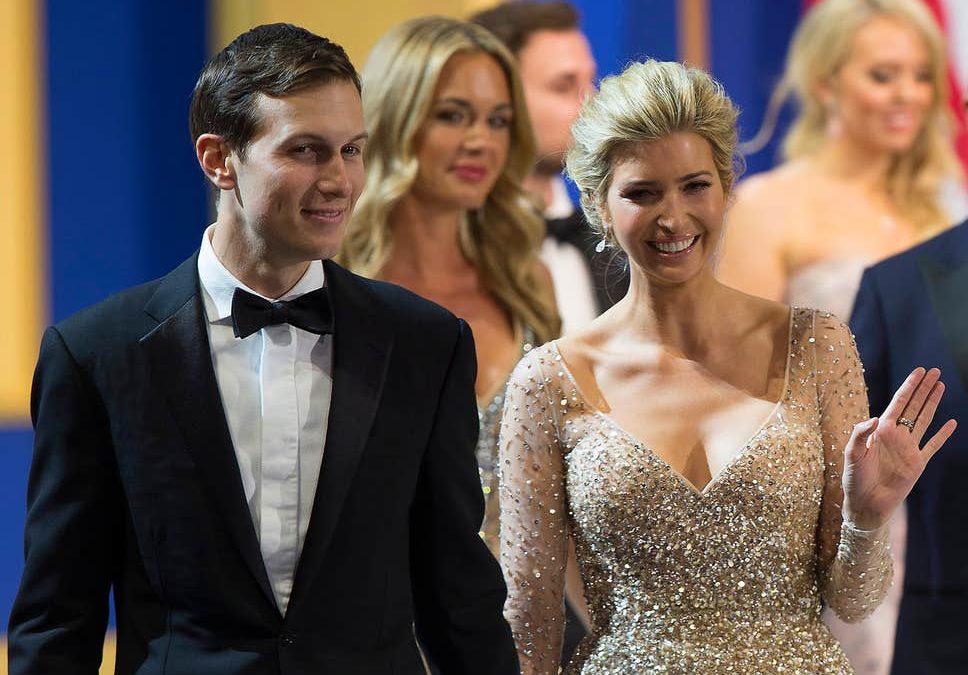 Don Mayer, July 3, 2023 The U.S. Supreme Court has wrapped up its 2022/23 agenda with the usual array of arresting (and sometimes controversial) opinions, including a notable set-back for affirmative action in the Students for Fair Admissions v. Harvard case. What’s...
Don Mayer, July 3, 2023 The U.S. Supreme Court has wrapped up its 2022/23 agenda with the usual array of arresting (and sometimes controversial) opinions, including a notable set-back for affirmative action in the Students for Fair Admissions v. Harvard case. What’s...
 I really shouldn’t have, but I recently shared a “snarky” Facebook post that said: Trump’s daughter works at the White House Her husband works at the White House Rudy’s son works at the White House Barr’s son in law works at the White House Trump’s sons do foreign...
I really shouldn’t have, but I recently shared a “snarky” Facebook post that said: Trump’s daughter works at the White House Her husband works at the White House Rudy’s son works at the White House Barr’s son in law works at the White House Trump’s sons do foreign...




